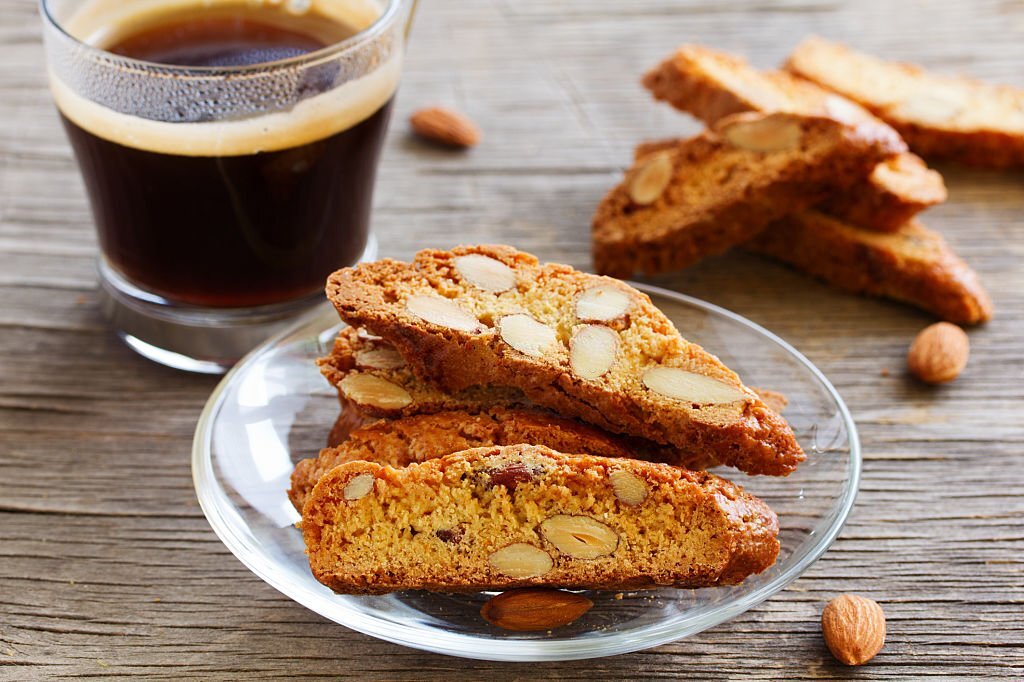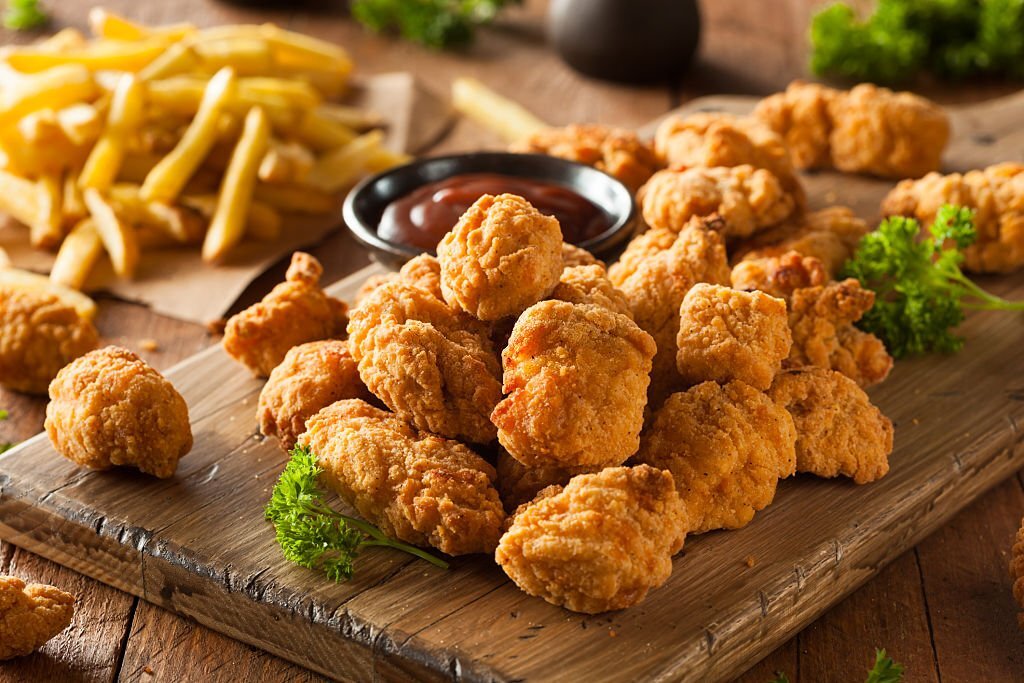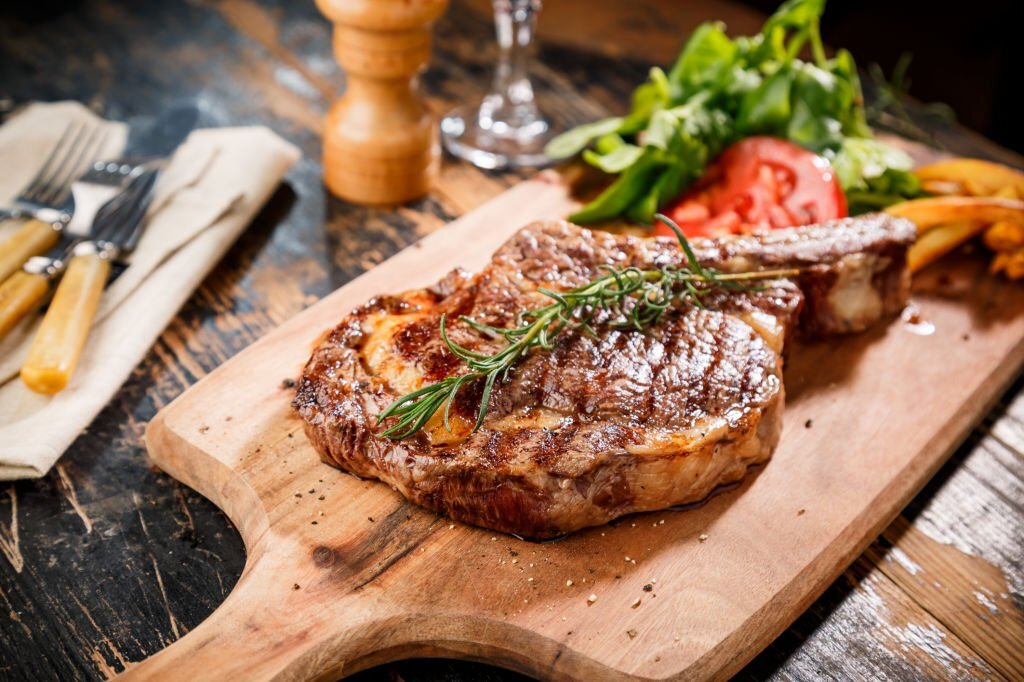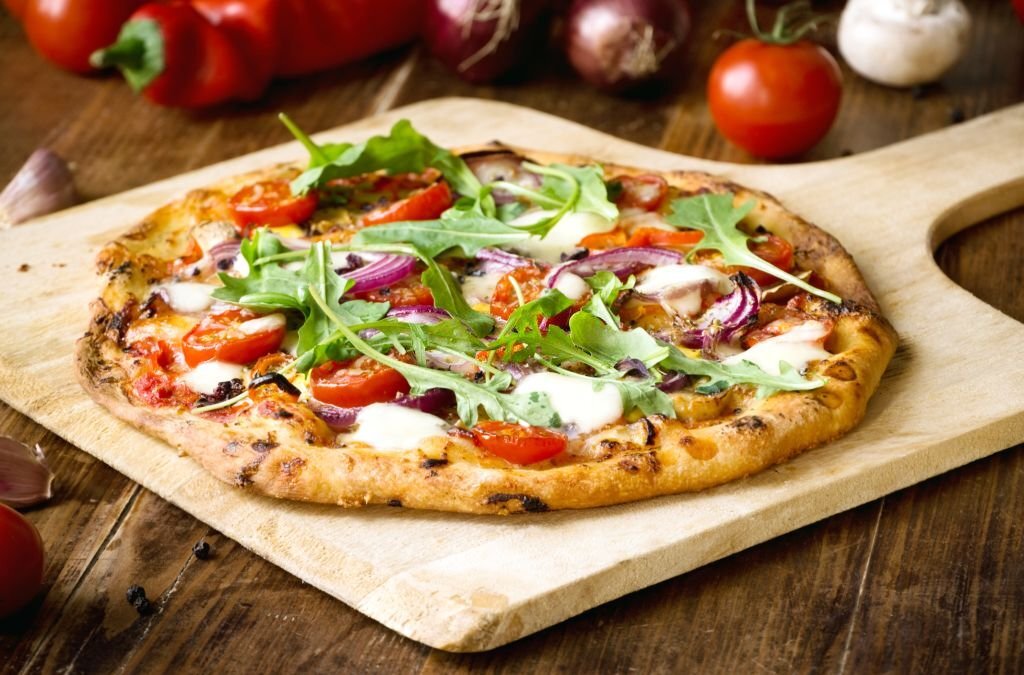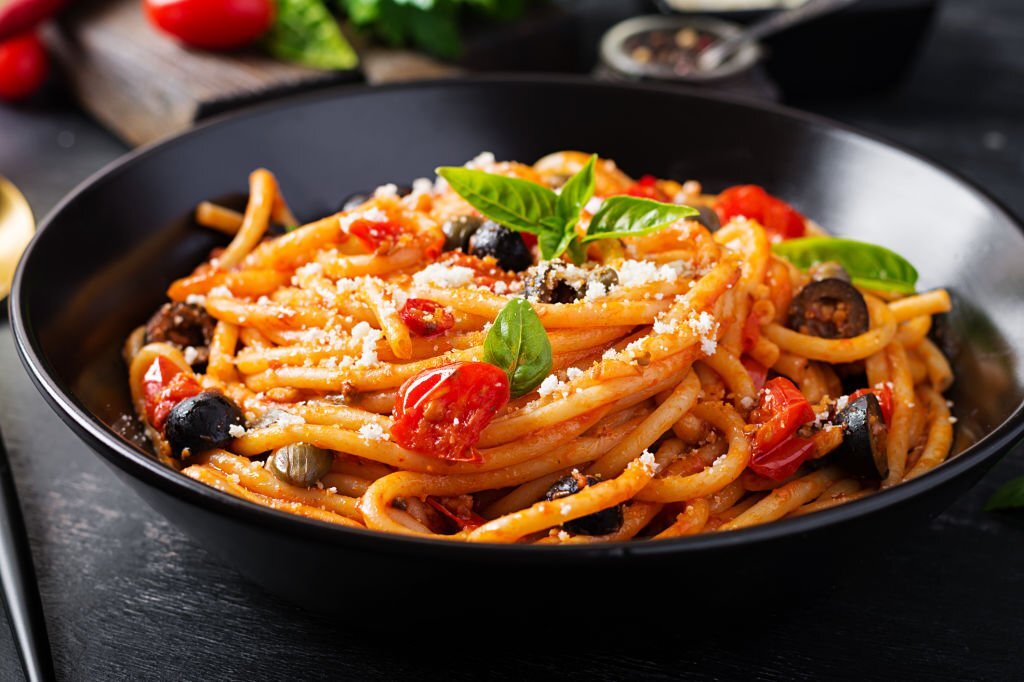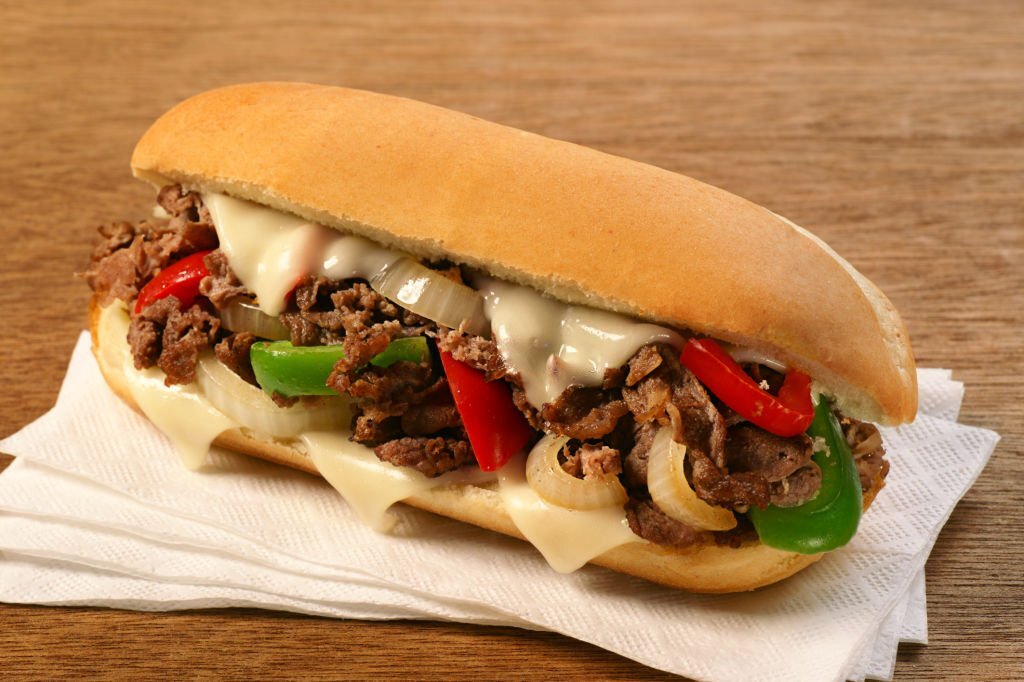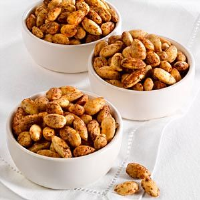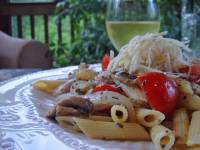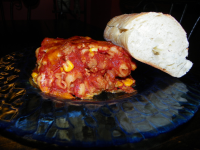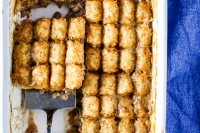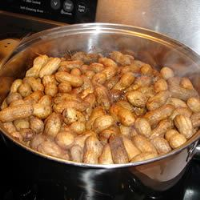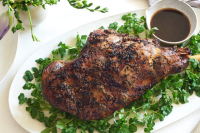More about "how does fiber aid digestion recipes"
FIBER: HOW IT AIDS DIGESTION - WEBMD
Fiber can also help ease the symptoms of some types of irritable bowel syndrome. It does that by helping control your digestive system and lowering your risk of getting constipation.
From webmd.com
From webmd.com
See details
HOW DOES FIBER AID DIGESTION? SOLUBLE AND INSOLUBLE ...
Nov 15, 2021 · Insoluble Fiber: helps speeds up digestion, relieves constipation and keeps bowel movements regular. Examples of this type of fiber include fruit and vegetable skins, such as apple, cucumber, grapes and peas. Whole wheat products, wheat bran and whole grains. As well as nuts, avocados, beans, cauliflower, green beans and potatoes.
From motherslifestyle.com
From motherslifestyle.com
See details
DIETARY FIBER: ESSENTIAL FOR A HEALTHY DIET - MAYO CLINIC
Jan 06, 2021 · This type of fiber promotes the movement of material through your digestive system and increases stool bulk, so it can be of benefit to those who struggle with constipation or irregular stools. Whole-wheat flour, wheat bran, nuts, beans and vegetables, such as cauliflower, green beans and potatoes, are good sources of insoluble fiber.
From mayoclinic.org
From mayoclinic.org
See details
FIBER | THE NUTRITION SOURCE | HARVARD T.H. CHAN SCHOOL OF ...
Insoluble fiber, which does not dissolve in water, can help food move through your digestive system, promoting regularity and helping prevent constipation. Foods with insoluble fibers include wheat, whole wheat bread, whole grain couscous, brown rice, legumes, carrots, cucumbers and tomatoes.
From hsph.harvard.edu
From hsph.harvard.edu
See details
WHY IS FIBER IMPORTANT IN DIGESTIVE HEALTH? | EVERYDAY HEALTH
Jun 06, 2019 · Fiber works by both bulking up the stool and retaining water. In addition, bacteria help digest the fiber which produces healthy ingredients for the colon such as short chain fatty acids. Fiber can...
From everydayhealth.com
From everydayhealth.com
See details
FIBER AND DIGESTION PROBLEMS - WEBMD
Fiber Regulates Digestion Constipation happens when food moves too slowly through the large intestines, often resulting in hard stool that is difficult to pass. Eating fiber-rich foods helps move...
From webmd.com
From webmd.com
See details
HOW CAN A HIGH FIBER DIET HELP WITH MY DIGESTION?: GOTHAM ...
Your body doesn’t digest fiber, but this nutrient helps make your stools larger and softer. This can help lower your risk of constipation and diarrhea. Fiber mainly stays the same as it goes through your digestive tract. Does Fiber Speed Up Digestion? Certain types of fiber, known as insoluble fiber, can help speed up digestion by putting pressure on the walls of your colon.
From gothamgastro.com
From gothamgastro.com
See details
MASTER COOKING CACTUS (AND BOOST YOUR DIGESTION) WITH ...
Dec 19, 2021 · Master Cooking Cactus (and Boost Your Digestion) With These 10 Fiber-Rich Nopales Recipes 1. Nopales and tomato salad This simple dish can either be enjoyed on its own as a salad or tucked into tortillas for a... 2. Nopales con huevos This simple recipe covers your fiber, protein, and healthy fats ...
From msn.com
From msn.com
See details
FIBER | THE NUTRITION SOURCE | HARVARD T.H. CHAN SCHOOL OF ...
Insoluble fiber, which does not dissolve in water, can help food move through your digestive system, promoting regularity and helping prevent constipation. Foods with insoluble fibers include wheat, whole wheat bread, whole grain couscous, brown rice, legumes, carrots, cucumbers and tomatoes.
From hsph.harvard.edu
From hsph.harvard.edu
See details
THE HEALTHY FIBER THAT AIDS DIGESTION AND DETOXIFICATION
Jul 22, 2019 · As a soluble fiber, it works by binding to fatty substances in the digestive tract, including cholesterol and toxins, and promotes their elimination. This means that pectin benefits the body’s detoxifying capabilities, helps regulate the body’s use of sugars and cholesterol, and improves gut and digestive health.
From draxe.com
From draxe.com
See details
WHY IS FIBER IMPORTANT IN DIGESTIVE HEALTH? | EVERYDAY HEALTH
Jun 06, 2019 · Fiber plays a major role in digestive health. Fiber is the fuel the colon cells use to keep them healthy. Fiber also helps to keep the digestive tract flowing, by keeping your bowel movements soft ...
From everydayhealth.com
From everydayhealth.com
See details
FIBER FOR ACID REFLUX: HOW THIS NUTRIENT CAN HELP ...
Jan 17, 2021 · Eating enough fiber helps improve the tone of the LES, preventing acid from refluxing back up. Gradually build up to meeting the dietary fiber recommendations, which is 25 to 35 grams per day. 3. Fiber May Help Neutralize Stomach Acid. Managing stomach acid is key to heartburn relief.
From livestrong.com
From livestrong.com
See details
COULD A LOW FIBER DIET HELP YOUR DIGESTIVE PROBLEMS ...
A low fiber diet is a good solution while you work on healing your gut and slowly increasing bacterial species to help you better digest carbs down the line. Reducing fiber gives your gut a break from starches that can be very irritating to the small intestine and colon when you have digestive issues.
From maryvancenc.com
From maryvancenc.com
See details
HOW DIETARY FIBER MAY HELP WEIGHT LOSS
Oct 12, 2020 · Fiber may reduce how much fat and sugar you absorb from your food. An important effect dietary fiber has in your digestive system is inhibiting the enzymes that break down fats. In doing so, it prevents your body from absorbing as much fat from your food, which can lead to weight gain. Fiber also has a low glycemic index.
From getbellway.com
From getbellway.com
See details
WHAT DOES FIBER DO TO YOUR BODY? - POSITIVE HEALTH WELLNESS
May 23, 2017 · The fiber provides fuel to help build the levels of good bacteria in the large intestine, meaning more vitamin B12 is produced, and more fatty acids are available to protect the whole body. At the same time, the fiber can help to speed up the waste removal process in the body. Toxins do buildup throughout the day.
From positivehealthwellness.com
From positivehealthwellness.com
See details
FIBER CAN HELP YOU LOSE WEIGHT — BUT ONLY A SPECIFIC TYPE
Nov 18, 2021 · Fiber does not get digested and tends to reach your large intestine relatively unchanged. There, certain soluble fibers help feed the friendly gut bacteria that are essential for good health. Good ...
From healthline.com
From healthline.com
See details
HOW FLAXSEEDS CAN HELP YOUR DIGESTION AND MAKE YOU REGULA ...
Jan 08, 2021 · 1. Drink water with your flax. Flaxseeds are made up of two types of fiber: soluble and insoluble. "Flaxseed is about 95% percent fiber. Almost half of this fiber content is soluble, which means when it interacts with water, it creates a gel in our digestive system that is an extremely efficient laxative," Voss says.
From eatingwell.com
From eatingwell.com
See details
HOW TO STOP FIBER FROM GIVING YOU TOO MUCH GAS | HEALTH.COM
Jan 08, 2020 · As your digestive system adjusts, it may be helpful to keep in mind that foods with soluble fiber (such as fruit, oats, beans and peas, and nuts and seeds) tend to produce more gas than foods with ...
From health.com
From health.com
See details
FIBER, ALOE VERA AND DIGESTIVE HEALTH - I AM HERBALIFE ...
The foods you eat and the lifestyle you lead have a tremendous influence on the health of your digestive system. Staying active, staying hydrated and making sure that your diet contains an abundance of plant foods are all key to digestive health. Let’s take a closer look at two plant components – fiber and aloe – and how they help support the health of your digestive system.
From iamherbalifenutrition.com
From iamherbalifenutrition.com
See details
CHICORY ROOT FIBER BENEFITS AND WAYS TO CONSUME IT - WELL+GOOD
Aug 05, 2020 · "When increasing the amount of fiber in your diet, make sure you are increasing your total fluid intake at the same time to aid in the processing and digestion of fiber," she says. In other words ...
From wellandgood.com
From wellandgood.com
See details
FIBER - PCRM
Fiber in vegetables, fruits, beans, and whole grains helps with digestion, weight loss, heart health, and cancer prevention. It can even increase your lifespan. Meat and dairy products contain no fiber—it’s found only in plant foods. There are two types of fiber: soluble and insoluble. Soluble fiber helps lower cholesterol.
From pcrm.org
From pcrm.org
See details
DOES DIETARY FIBER PREVENT FAT ABSORPTION - PROPER ...
Unlike its counterpart, insoluble fiber, soluble fiber dissolves in water, which means it creates a gel-like stool that slows digestion and affects the absorption of certain nutrients, including fat. A balanced diet includes a healthy portion of both types of fiber, which can be found in a variety of fruits, grains and vegetables.Soluble fiber.
From nutritionofpower.com
From nutritionofpower.com
See details





